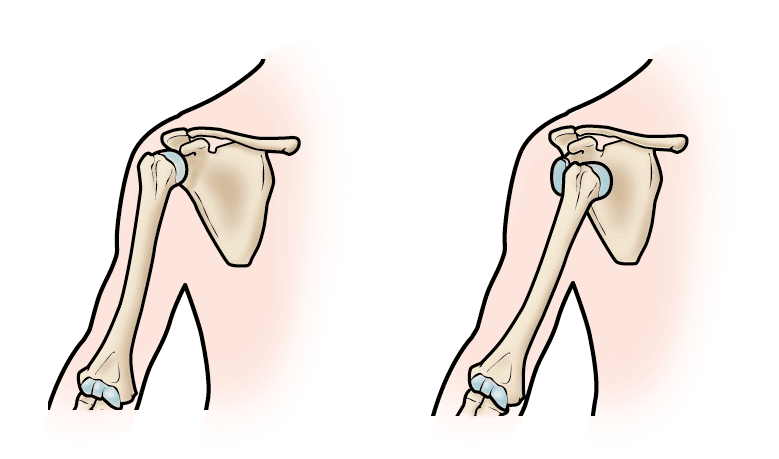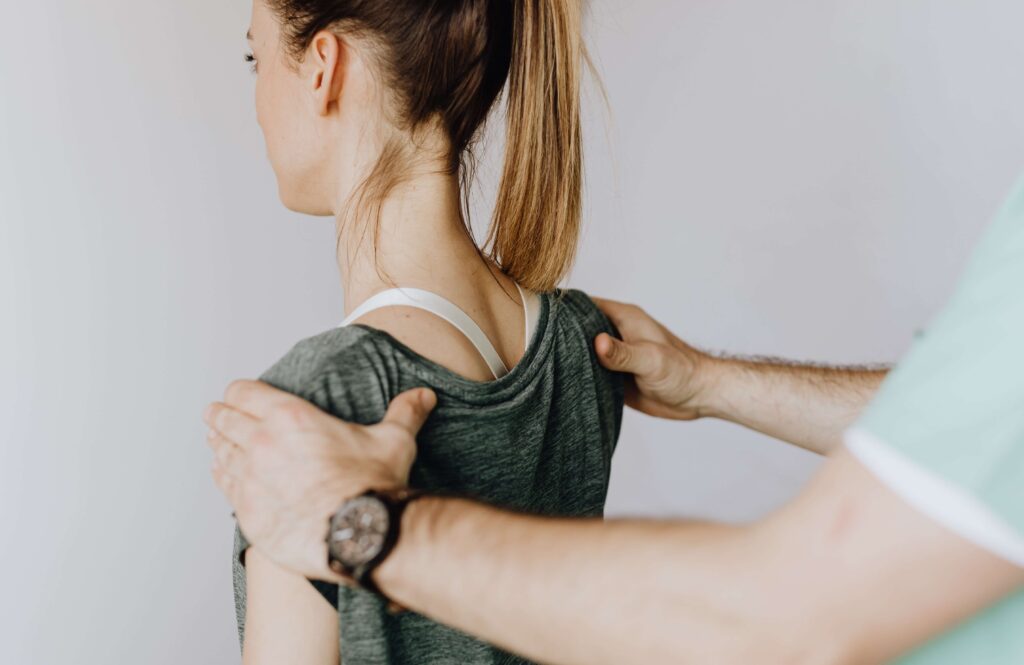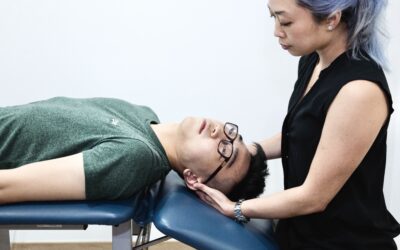Shoulder Instability – What Can Be Done To Prevent It?
What Is Shoulder Instability?
Shoulder instability is a commonly seen condition in physiotherapy and refers to the ability of the humerus (ball) to detach or separate from its socket. Most commonly, instability occurs after a traumatic dislocation when the humeral head has fully separated from its socket. As a result, tissue and structural damage can cause the integrity of the shoulder to be significantly compromised.

Anatomy of a stable vs. unstable shoulderIn some cases, spontaneous reduction rapidly occurs and other times, it requires a visit to the hospital for a little help getting it back to its original place. Due to its specific length-tension relationship, a slight imbalance throws the motor control of the shoulder off drastically. This means that post injury, recurrence rate of re-dislocation remains extremely high, which is why you’ll always have that one friend who’s done it more than one time.
Patients with shoulder instability will often complain of feelings of ‘giving way’ or ‘coming out’ associated with pain or limited range of movement after the incident. In extreme cases of instability, people quickly reacting to reach out their arm or throw a ball can reproduce these symptoms. If this is you, you probably need a physio!
Who Is Most At Risk?
Individuals at higher risk of shoulder instability include those with history of dislocation or trauma and athletes in contact sports (e.g. rugby, judo, jiu-jitsu), high impact sports (gymnastics), or overhead sports (baseball, swimming), as well as hypermobile individuals.
What Can You Do About Shoulder Instability?
Avoid high risk sports or high impact through the shoulder until you are stronger and more stable. This will reduce the overall wear and tear through the joint and prevent other structures from being compromised. You’ll also want to have a chat to your physio about getting started on a strengthening and stability programme to help you return to sport safely and reduce your risk of instability!
Written By: Nicola Ying, B.Sc. Sports Science (AUS), B.Sc. Biomedical Science (AUS), Doctor of Physiotherapy (AUS)
Nicola is an experienced Physiotherapist specialising in neurological and vestibular rehab, shoulder rehabilitation, and injury prevention. Formerly a competitive swimmer, she has found her new passion in martial arts and is an avid Muay Thai and Jiu-Jitsu practitioner. She also spends her free time advocating for sport inclusivity and disability awareness.



